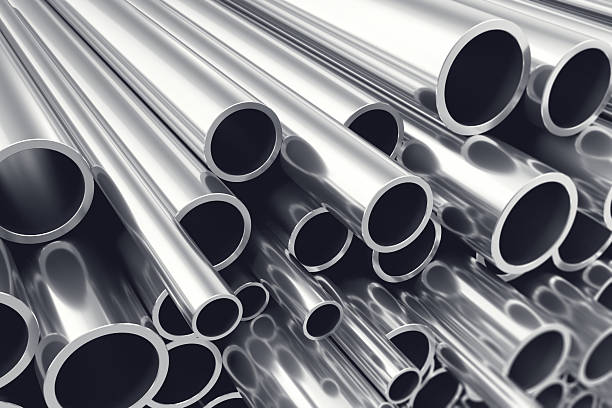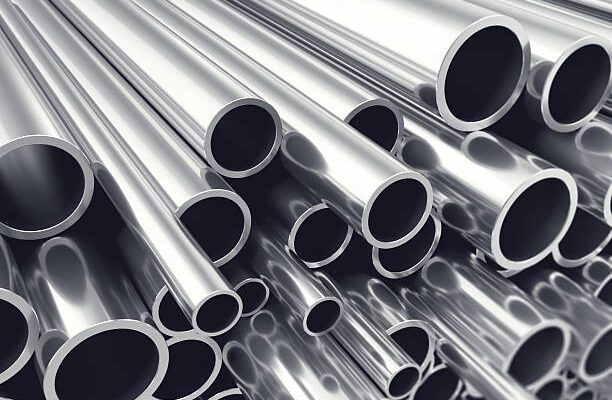
Stainless steel 316 grade boiler tubes are very popular in marine applications due to their strength, durability, and corrosion resistance. They are also commonly used in marine environments due to their ability to withstand harsh conditions like high temperatures, salt water, and intense pressure. Let us dive deeper into the properties and applications of 316 stainless steel boiler tubes.
316 stainless steel tubes are used for heat exchangers and are called boiler tubes. Since 316 stainless steel is known for its high resistance to corrosion and oxidation, it is well-suited for use in boilers and other steam applications. The tubes are ideal for high-temperature environments due to their temperature tolerance, which is up to 1200F. 316 stainless steel boiler tubes also offer excellent properties like workability, superior strength, and improved weldability compared to other materials.
Composition and Properties of Stainless Steel 316 That Makes it Ideal for Boiler Tubes
316 stainless steel contains 16-18% chromium, 2-3% molybdenum, and 10-14% nickel, which work together to provide excellent resistance to corrosion and pitting, in harsh environments. This alloy has superior flexibility, strength, and toughness, which makes it ideal for high-pressure applications. These features of 316 stainless steel make the boiler tubes popular for marine and other industrial applications.
What Makes 316 Stainless Steel Boiler Tubes Suitable for Marine Applications?
The incredible corrosion resistance of 316 stainless steel boiler tubes makes them an excellent choice for marine applications. Saltwater is extremely corrosive for most metals. However, the composition of 316 stainless steel ensures that the saltwater doesn’t easily damage the surface of the tubes. The boiler tubes can withstand high temperatures, which are common in marine applications, without losing their strength.
Moreover, 316 stainless steel boiler tubes have strong mechanical properties. Thus, they can withstand high-pressure situations and turbulence, which is extremely common in ships. This makes the tubes a wise investment for any marine industry. 316 stainless steel boiler tubes have excellent toughness and ductility. This means that they will not break or deform easily, even under stress. This makes them a durable and long-lasting solution for marine operations.
Maintaining Stainless Steel 316 Boiler Tubes
316 stainless steel boiler tubes require regular maintenance and cleaning in order to ensure that they function optimally and last longer. Maintenance may include cleaning, inspection, and replacement of damaged tubes. Regular cleaning helps remove the salt deposits, which could lead to the formation of rust and corrosive compounds. Regular maintenance is necessary to prevent severe damage and keep the boiler tubes working efficiently for longer.
To Sum Up
316 stainless steel boiler tubes are popular for marine and other industrial applications due to their excellent properties, which include high strength, resistance to corrosion, and ductility. Resistance to intense pressure and saltwater makes them ideal for use in the marine industry, while their excellent mechanical properties and easy maintenance make them a reasonable choice for a long-term investment in the marine sector. The popularity of 316 stainless steel boiler tubes is expected to grow as we become more reliant on marine transportation. Hence, many industries are turning towards these boiler tubes for better reliability and efficiency.
Featured Image Source: https://media.istockphoto.com/id/538025236/photo/heap-of-shiny-metal-steel-pipes-with-selective-focus-effect.jpg?s=612×612&w=0&k=20&c=NU2vEghQxU77iNNYFwXbt9Q9TRIJUq5TnsUeQjQVMdY=

